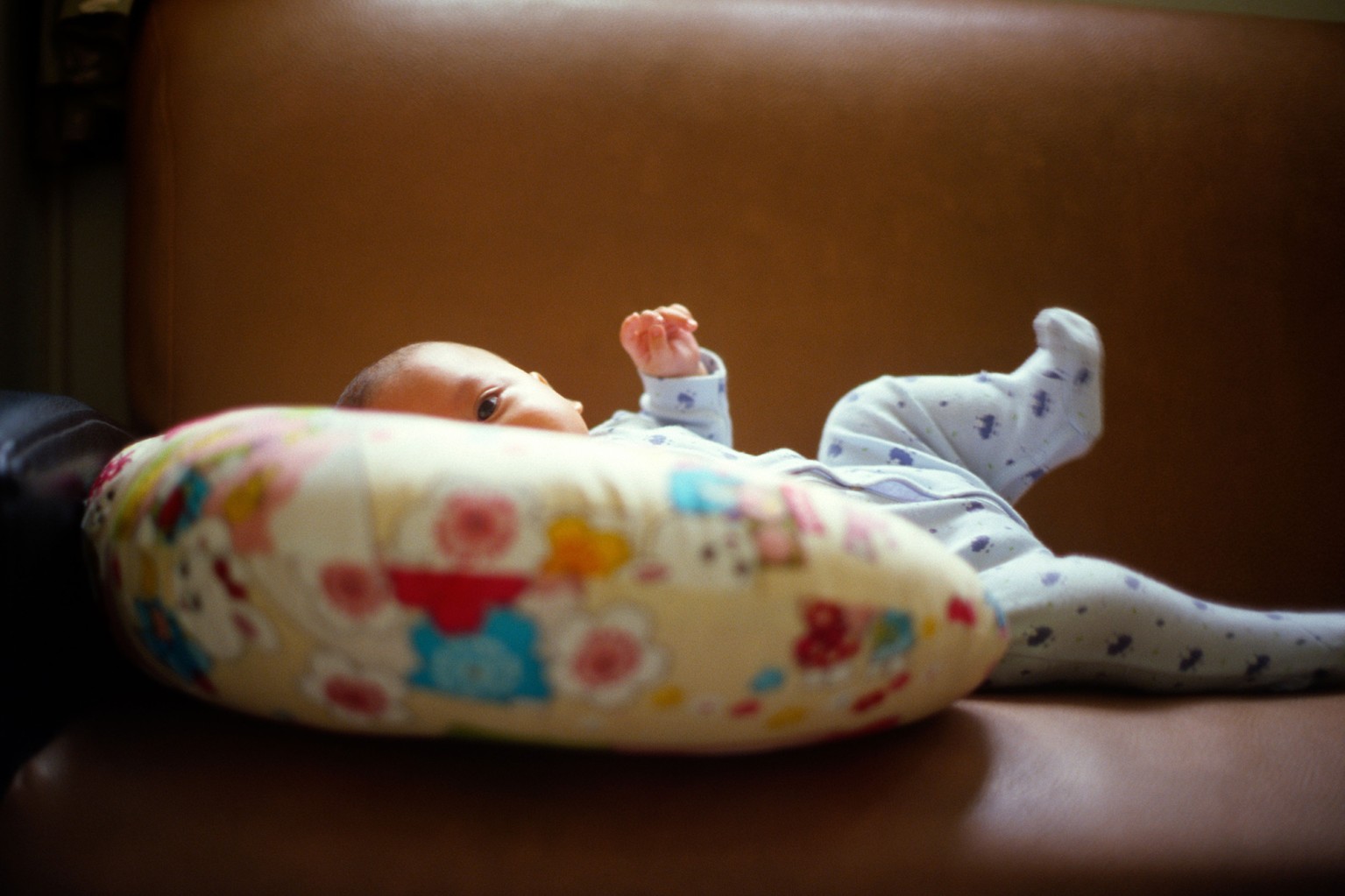Are You Cursed with a Night Owl Gene Mutation?
Are you one of those people that seem to just naturally stay up late and consequently get up late? Have you ever wondered why you may be that way?
For years, we were told that it was the way you were raised. I know with me it was. I grew up having to do chores before school, so I had to get up early in order to do chores, have breakfast, fix my lunch and get to school on time. My chores usually consisted of taking care of animals – feeding and watering them and making sure they have everything they need. As I made it to college, I preferred early classes over later classes, so again, I was up early. I spent 12 years working for a utility. During the winter, we started work at 7am and in the summer, since Arizona does not observe Daylight Savings Time, we started work at 5am and were able to head home at the peak heat of the day.
These days, I’m 65 years old and I still habitually get up early, even if I don’t have to. I always thought that since I got up early most of my life that it’s a habit that I still have.
Our two daughters, born 16 months apart are as different as night and day. As a child, our oldest daughter would disappear between 8pm and 9pm. When we went looking for her, we always found her in bed, sound asleep. Rarely did we ever have to tell her to go to bed.
On the flip side, our youngest daughter always fought going to bed and when we put her to bed, she would be awake for hours. During her school days, we often found her with a light on at midnight reading a book and we would have to tell her to turn the light off and go to bed. In the morning, she never wanted to get up. She is 39-years-old now and still cannot go to sleep early or at normal times but stays up late and doesn’t like to get up early.
As parents, we could never figure out why such a difference between the two girls. A new study may finally give us the answer we’ve sought all these years.
Researchers at the Laboratory of Genetics at The Rockefeller University just authored a study on a sleep disorder called ‘delayed sleep phase disorder’ (DSPD). People with this sleep disorder tend to do some of the best work late at night and struggle to wake up and get going in the morning.
Researchers studied 70 people from six families and found that those individuals with DSPD had a mutation on a gene known as CRY1. Members of the same families that did not exhibit the DSPD sleep disorder did not have the mutation on the CRY1 gene.
The researchers reported that this is the first time a gene mutation has been identified as a cause of DSPD. The mutation disrupts the body’s natural circadian rhythm, also known by some people as their internal clock. Our natural circadian rhythm is hardwired into our genetics and it is programmed to operate in 24-hour cycles. However at least 10% of people with DSPD operate on an internal clock that operates in a longer than a 24-hour loop.
Alina Patke, lead author of the study, commented, saying:
“Carriers of the mutation have longer days than the planet gives them, so they are essentially playing catch-up for their entire lives.”
“A person like a bartender, for example, might not experience any problem with the delayed sleep cycle. but someone like a surgeon who has to be in the OR in the early morning – that’s not compatible.”
Their discovery was first made when a 46-year-old woman came to a sleep clinic for help after years of struggling with her late sleep cycle. They placed her in an apartment for two-weeks. The apartment had no windows or connections to the outside world. No television, internet; nothing that might hint as to the time of day.
Under the study conditions, they discovered the woman’s sleep cycle operated on about a 25-hour clock instead of 24-hour. Consequently, her sleep was often fragmented, leaving her constantly feeling tired. It was after this two-week testing that the researcher sequenced her genes and discovered the CRY1 genetic mutation.
To test their theory, they then contacted the 70 family members in the 6 families in Turkey and were able to conduct genetic sequencing on them and interviewed all of them concerning their sleep habits. Of the 70 test subjects, 39 contained the CRY1 mutation and 31 did not. Those that had the mutation had a later sleep cycle than those without the mutation.
If you are one of those night owl people who seem to naturally be wide awake late at night and struggle to get up in the morning for work or school, it may be that you are cursed with the CRY1 mutation. I wonder how many employers or teachers will buy that excuse for being late when you drop it on them?








Recent Comments